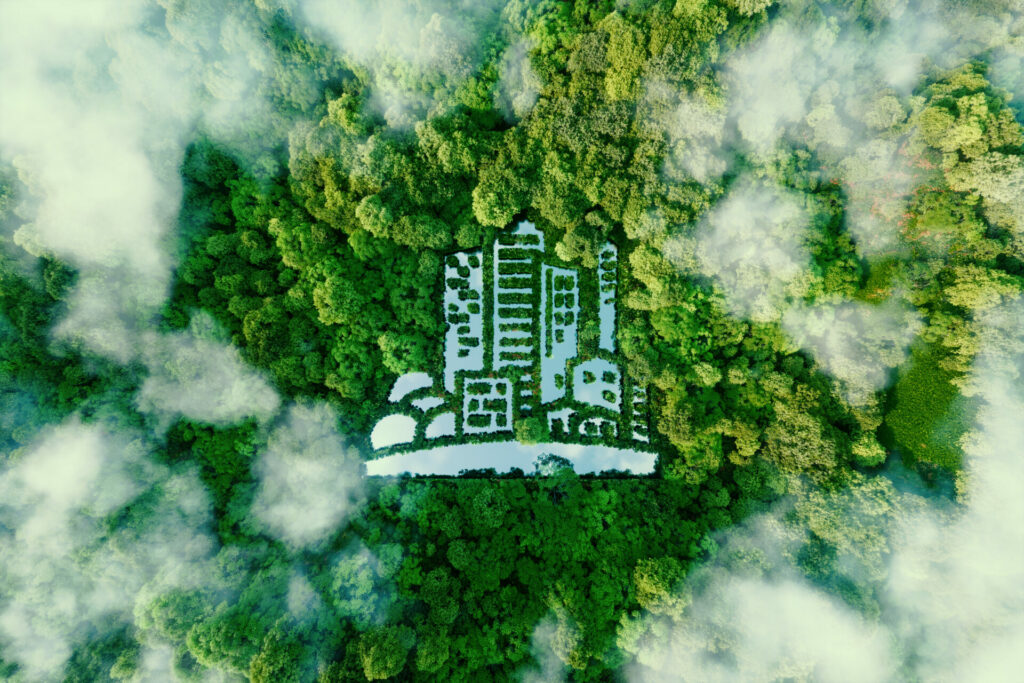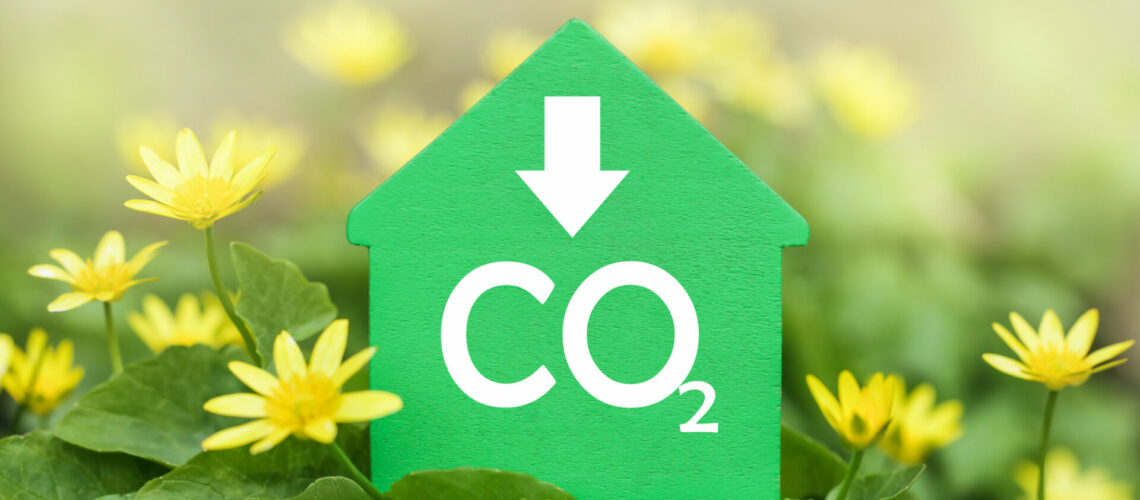Nitin Bhatnagar is a distinguished Dubai-based real estate developer and entrepreneur, renowned for his strategic foresight and expertise in sustainable development. With over two decades of experience in the industry, he has significantly shaped Dubai’s real estate landscape, integrating cutting-edge technologies and sustainable practices into his projects.
Nitin began his career in the financial sector, working with major banks in India and Dubai, where he honed his analytical and strategic planning skills. Transitioning into real estate, he co-founded a real estate development company in Dubai in 2014, focusing on crafting luxurious, art-inspired residences that cater to modern lifestyles while emphasizing environmental responsibility.
Under his leadership, his teams have become synonymous with quality and innovation, driving the brand to the forefront of Dubai’s luxury real estate market. Nitin’s approach involves a keen focus on design excellence and customer satisfaction, which has earned the company numerous accolades and a reputation for reliability and excellence.
A visionary in urban development, Nitin is committed to redefining contemporary living spaces. He advocates for smart city initiatives and sustainable building practices, striving to make a significant impact on the industry and community. His efforts extend beyond business, as he is also involved in mentoring young entrepreneurs and participating in various community enrichment programs.
Nitin Bhatnagar’s career is a testament to his passion for blending business acumen with social responsibility, making him a respected figure in both the local and international real estate sectors.

What initially drew you to focus on sustainable real estate development?
My interest in sustainable development was sparked by the rapid urbanization in Dubai and the increasing global emphasis on environmental responsibility. Witnessing the environmental impact of traditional construction methods, I felt a strong obligation to integrate sustainability into our projects. This approach not only addresses environmental concerns but also enhances the quality of life for residents and sets a new standard in the industry.
Can you describe some of the sustainable practices you’ve implemented in your projects?
We focus on several key areas: energy efficiency, water conservation, and sustainable building materials. For instance, we incorporate solar panels, high-efficiency HVAC systems, and green roofs to minimize energy consumption. Water reclamation systems and low-flow fixtures help reduce water usage. We also prioritize materials that are locally sourced, recycled, or have a lower environmental footprint, ensuring that our buildings are constructed with the least possible impact on the planet.
How do you balance the higher initial costs associated with sustainable building practices?
While it’s true that some sustainable technologies and methods can be more expensive upfront, they often lead to significant savings in the long term through reduced operational costs. Moreover, they add considerable value to the properties, making them more attractive to environmentally conscious buyers. We focus on educating our clients about these long-term benefits to help them understand the value proposition of investing in sustainable properties.
What challenges do you face when implementing sustainable practices in Dubai’s real estate market?
One of the main challenges is the initial resistance to change. Introducing new technologies and practices requires shifting mindsets and convincing stakeholders of their benefits. Additionally, navigating regulatory frameworks that may not yet fully support sustainable practices can be challenging. However, with persistent effort and collaboration, we are making significant progress.
Looking forward, what innovations in sustainable real estate development excite you the most?
I am particularly excited about the advancements in building materials, like bio-based materials and self-healing concrete, which promise to further reduce the environmental impact of construction. The integration of smart technologies that can optimize building operations and further reduce energy use is also thrilling. As these technologies evolve, they hold the potential to revolutionize sustainable building practices, making them more effective and widely accessible.
What advice would you give to young entrepreneurs interested in entering the sustainable real estate development sector?
My advice would be to focus on education and continuous learning. Understanding the latest technologies and sustainability trends is crucial. Also, building a network with like-minded professionals and finding a mentor in the industry can provide invaluable insights and guidance. Lastly, be persistent and passionate about your goals, as the path to integrating sustainability into real estate can be challenging but is incredibly rewarding.
How do you see the future of sustainable real estate development evolving over the next decade?
I believe sustainable development will become the norm rather than the exception. As public awareness and regulatory pressures increase, more developers will adopt sustainable practices. This will drive innovation, lower costs, and lead to widespread adoption of sustainable technologies. Ultimately, sustainable real estate development will play a crucial role in combating environmental challenges and promoting a healthier, more sustainable future for all.

